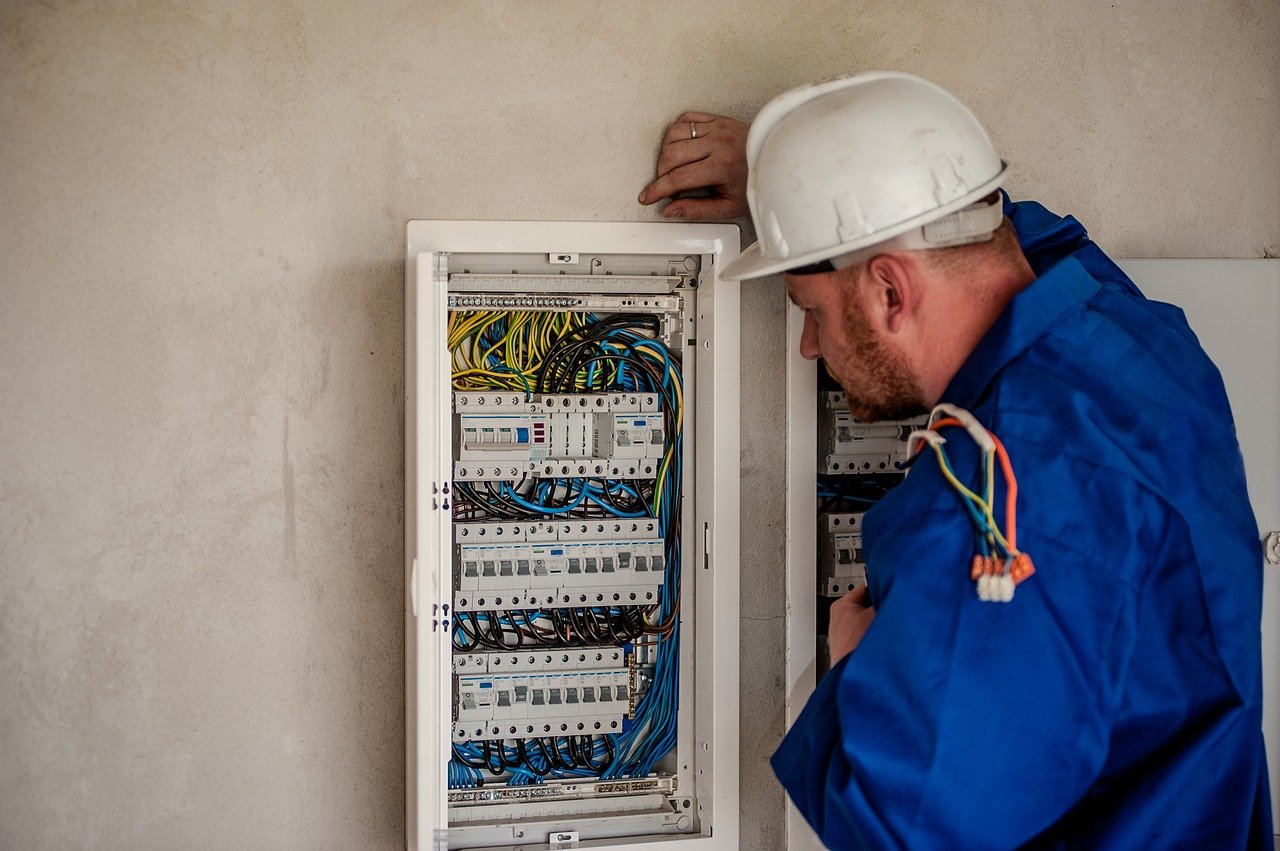The electrical systems of your home are responsible for keeping you safe and providing access to necessary utilities. If the wiring or other components of your home’s electrical system fail, it can create a hazardous environment that could lead to fire or shock. You may not think about it much, but your home’s electrical system has to pass inspection before you move into a newly built house. Installing and maintaining an electrical system that is up to code is important for safety reasons and to help prevent any potential problems in the future. Electrical systems are also frequently tested as part of a home inspection, which can help save you from any potential issues down the road. In this blog post, we explain why testing electrical systems is vital to your home’s safety and how you can test yours at home yourself to keep things running smoothly. For more information see https://www.fordelectrical.co.uk/
Why is it Important to Test Your Home’s Electrical Systems?
Electrical systems are responsible for powering a number of devices in your home, including light fixtures, ceiling fans, appliances, and outlets. Before moving into a home, electrical systems should be tested to ensure they meet safety requirements and are working properly. When you test your electrical systems, you are looking for any issues that could lead to safety concerns down the road. Electrical systems can grow corroded over time, which can lead to decreased performance. If any components of your electrical system are malfunctioning or misaligned, they could cause sparks or create a fire risk. Testing your electrical systems could also reveal hidden problems, such as faulty wiring or a tripped circuit breaker that you might not notice during normal use. This could prevent a small problem from turning into a much more serious one. By testing your electrical systems, you can identify any potential issues before they cause harm to you or your home. This can help you save money and prevent any serious damage from occurring.
How to Test Your Home’s Electrical System
There are a number of tests you can perform to check the health of your home’s electrical system. These include light bulb and continuity checks, outlet and circuit breaker wellness checks, and safety and wellness checks. Light bulb and continuity checks – To test the light bulbs in your home, first remove the bulbs from the fixtures. Next, check the bulbs with a multimeter to see if they are working properly. If the bulb flickers or doesn’t work, a fuse or circuit breaker may be tripped. You can also use a circuit tester to see if the light bulb is connected to the circuit. Once you have the circuit tester connected, see if the light on the tester turns on when you flip the switch. If not, the circuit might be tripped. If the light turns on, the circuit may be overloaded. Outlet and circuit breaker wellness checks – Another test that you can perform is the outlet and circuit breaker wellness check. Start by turning off the main circuit breaker and then flipping the circuit breakers on the main panel to the “off” position. Next, turn the circuit breakers back to the “on” position, one at a time, starting with the circuit breakers closest to the electrical panel. If the light bulb or outlet turns on, the circuit is working properly. If not, flip the circuit breaker off and then back on again to reset the breaker.
Safety and Wellness Checks
When conducting safety and wellness checks of your electrical system, you are looking for any immediate safety concerns as well as potential issues that may arise in the future. You can start by looking for any potential tripping hazards that could cause a circuit to trip, such as overloaded outlets or extension cords, or frayed wiring. You can also check the functionality of each circuit in your home to see if the lights turn on and off when the circuit breaker is flipped. You can also use a meter to test whether the circuit has enough capacity to power the devices plugged into it, such as lights and appliances. Finally, use a multimeter to test for voltage to ensure it is within the normal range.
Summary
Electrical systems are important for keeping your home running smoothly, providing safety, and supplying you with necessary utilities. To ensure that your electrical systems are running properly, it is important to test them from time to time. Electrical systems can grow corroded over time, which can lead to decreased performance. By testing your electrical systems, you can identify any potential issues before they cause harm to you or your home. There are a number of tests you can perform to check the health of your electrical systems, including light bulb and continuity checks, outlet and circuit breaker wellness checks, and safety and wellness checks, but overall, you should really bring in an expert to ensure that your home or business wiring systems are safe to use.



 Bitcoin
Bitcoin  Ethereum
Ethereum  Tether
Tether  XRP
XRP  Solana
Solana  USDC
USDC  TRON
TRON  Cardano
Cardano  Lido Staked Ether
Lido Staked Ether  Avalanche
Avalanche  Toncoin
Toncoin